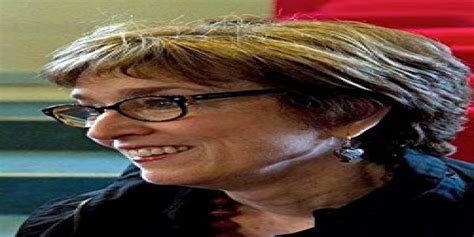A Quote by Henry Rollins
In the worst of times the best among us never lose their moral compass, and that is how they emerge relatively unscathed.
Related Quotes
The foundation of leadership is your own moral compass. I think the best quality leaders really know where their moral compass is. They get it out when they are making decisions. It's their guide. But not only do you have to have a moral compass and take it out of your pocket, it has to have a true north.
While I think in principle people should not have irrational beliefs, I should say that as a matter of fact, it is people who hold what I regard as completely irrational beliefs who are among the most effective moral actors in the world, in many respects. They're among the worst, but also among the best, even though the moral beliefs are ostensibly the same.
My parents didn't want us on the streets or in trouble, so they thought the best thing was to have us work. I saw how we had to, during bad times, stretch the dollar. And during good times, we couldn't spend it, because you never knew when the bad times were going to happen again. It gave me a great respect for how hard it is to make money.
The compass of compassion asks not what is good for me? but what is good? Not what is best for me but what is best. Not what is right for me but what is right. Not how much can we take? but How much ought we leave? and how much might we give? Not what is easy but what is worthy. Not what is practical but what is moral.
I have to ask myself how I can possibly expect to know Jesus as he would want to be known if my life remains unscathed by trouble and grief. How can I hope to grasp anything of God's heart for this broken planet if I never weep because its brokenness touches me and breaks my heart? How can I reflect his image if I never share in his sufferings? And how will any of us ever learn to treasure his hesed and grace if we never experience phases where these blessings seem absent?




































